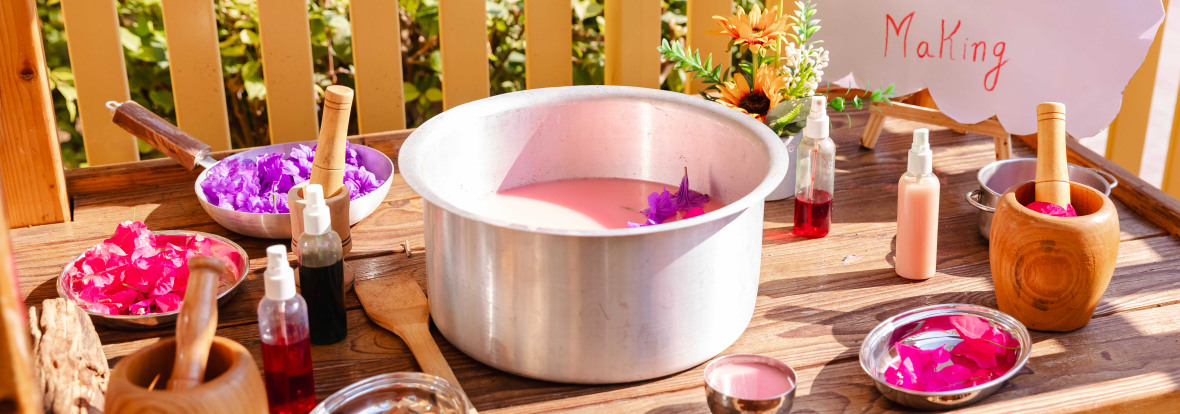The first three years of a child’s life is considered to be crucial in their growth and development because of significant changes that occur. The world is an enchanting sphere for toddlers, and this encompasses a strong chance to make use of the activities that will help engage all the senses. According to Jean Piaget, a well-known psychologist, curiosity is the most instrumental ally in the interplay of a child’s cognitive, emotional, and intellectual development. Children depend on this curiosity so as to learn new concepts, link them, and start to make sense of their surroundings.
Engaging in sensory activities is an excellent method of fostering this inquisitiveness. Engaging in different senses – sight and sound touch, taste, and smell, gives children the chance to imagine, invent, and acquire critical concepts and such as problem-solving skills, creativity and communication.
Why Sensory Play Matters
Alongside being a form of entertainment, sensory activities also are critical for the proper growth of children. Activities that trigger the senses are crucial as they initiate neural connections that serve as a springboard for further development. Pouring water, squeezing playdough, or classifying items may appear to be simple, but they greatly improve children’s fine and gross motor skills. Expanding a child's vocabulary and communication development is also attained in this case by carrying out dialogues about these movements.
Sensory Play ideas for young children
-
Water play:
A shallow basin filled with water can be a wonderful discovery zone for children. Provide cups, spoons, and sponges for pouring, splashing and experimenting. You can add food colouring or floating objects to teach concepts like volume and buoyancy. It’s easy, enjoyable, and full of learning opportunities.
-
Playdough and Clay
Working with playdough or clay is excellent for developing fine motor skills and tactile awareness. Offer tools like rolling pins or cookie cutters to inspire creativity. To make it even more sensory rich, consider adding essential oils, such as lavender or citrus, for a calming or energizing effect.
-
Sensory Bins
Sensory bins are a treasure trove of open-ended play. Fill them with materials like rice, sand, or dried pasta and hide small objects for children to discover. This activity promotes skills like scooping, pouring, and sorting. You can also create themed bins – try letters, numbers or even animal habitats for an educational twist.
-
Nature Exploration
Take a step outside and let children immerse themselves in the natural world. Encourage them to feel the textures of leaves, listen to birds chirping, and smell flowers. Collecting pinecones, stones, or leaves can extend the fun indoors, fostering a connection with nature and promoting environmental awareness.
-
Sound Exploration
Introduce simple instruments like maracas or drums to engage children’s sense of hearing. Playing with rhythm and pitch is not only fun but also helps enhance listening skills. For an extra layer of excitement, organize a “sound scavenger hunt” where children search for and identify specific sounds around them.
Sensory play is a delightful and significant aspect of early childhood that brings numerous advantages. By engaging in sensory-rich activities, we enhance brain development, ignite creativity, and foster vital communication and problem-solving abilities.
The best part is that sensory play is versatile and can be easily tailored for any age or environment. Whether it involves splashing in water, exploring the outdoors, or experimenting with sounds, sensory activities equip children with the means to learn, grow, and cultivate a lasting passion for exploration.
Through these straightforward yet impactful experiences, we can help nurture inquisitive, self-assured, and imaginative young minds.






